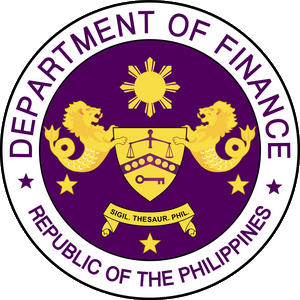MANILA, Philippines — A bill codifying and clarifying the taxes imposed on Philippine Offshore Gaming Operations (POGOs) was filed at the House of Representatives on Wednesday.
In filing House Bill No. 5267, Albay 2nd District Rep. Joey Salceda noted that although the Bureau of Internal Revenue (BIR) has issued Revenue Memorandum Circular No. 102-2017 which clarified the tax treatment for these facilities and associated services, a law that amends the National Internal Revenue Code would cure the confusion on the taxation of this emerging industry.
This came after several offshore gaming companies– which facilitate online gaming via the internet– have been closed due to lack of proper registration and tax liabilities.
READ: Dominguez confirms POGO deal: Over 100,000 Chinese employees to pay income tax
The bill also seeks to legislate POGO employees’ income tax.
“A clear, definitive tax regime for POGOs will be a potent revenue source, as well as a means of placing these facilities under stricter oversight,” Salceda, chair of the House ways and means panel, pointed out in his explanatory note of the bill.
“Failure to faithfully report revenues and expenses will now unequivocally constitute tax evasion,” he added.
The bill proposed that foreign individuals employed and assigned in the Philippines by an offshore gaming licensee would be given a 15 percent tax on salaries, wages, annuities, compensation, remuneration and other emoluments like honoraria and allowances from the operator.
The foreign employees will also follow other pertinent tax rules when it comes to his or her other sources of income in the Philippines.
The bill also institutionalizes the 5 percent tax imposed on all offshore gaming companies on gross receipts collected from its operations covered by the law granting their franchise.
An Inquirer report noted that the amount of taxes to be collected from the POGO industry will translate to P24 billion a year. It added that such tax was nonexistent before 2016 when the Philippine Amusement and Gaming Corp. created its regulatory framework for online gaming operations.


